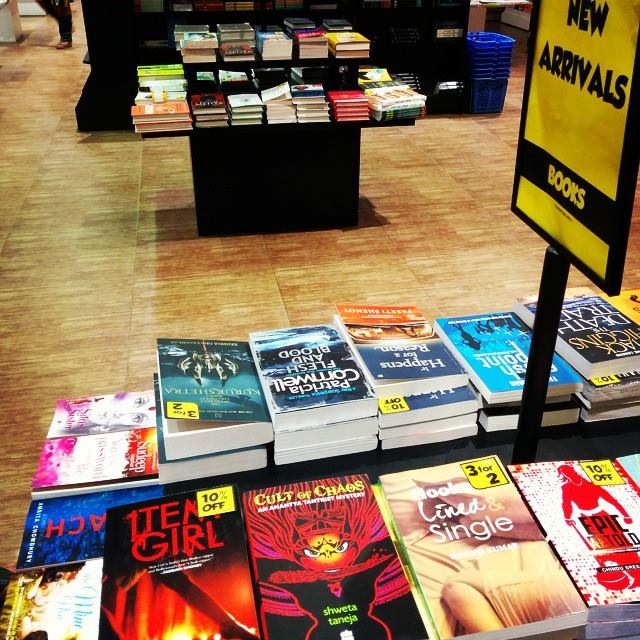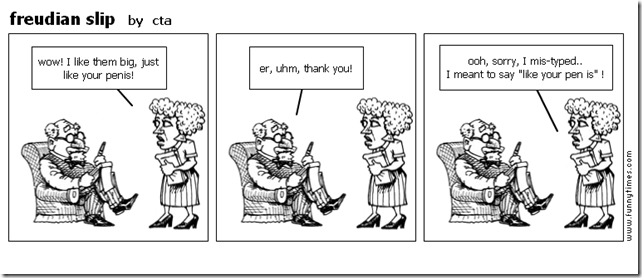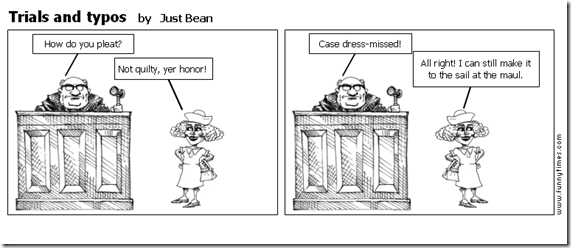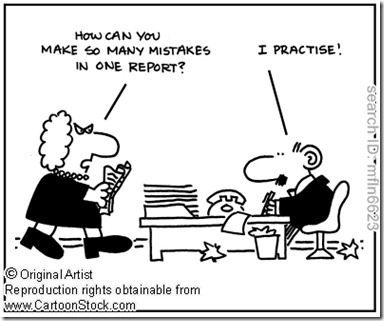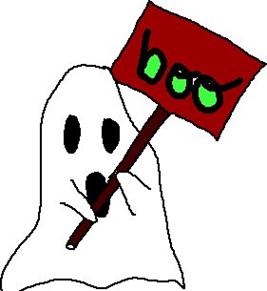Early morning, you open your email box and out pops yet another rejection from a publisher you had your heart on. You fume, you wither, you get depressed and angry and want to hit someone. Everyone is against your voice. And you feel one of these things:
– You are not good enough.
– You have no influence with the editor/publisher.
– Nothing in India happens without money involved.
– You should’ve gone to a literary festival and made ‘friends’ and maybe that would’ve helped.
– No one understands your book. They are all idiots over at the publisher’s.
1 It didn’t match the publisher’s list
A publisher is a commercial business. Every year, they have a boardroom meeting where they try and figure the trends worldwide, genres and book kinds they think will do well in the market. So each editor already has a list of sorts beginning of their commercial year: Tags in mind like #MetroRead #HighFantasy, #ParanormalRomance, #WarStories, #CelebrityExpose. In comes your book. It doesn’t fit into the boxes they’ve figured. The list they’ve prepared. Only if the editor really, really likes the pitch and then the manuscript will they veer from the list. So if you happen to write the ‘fashionable’ genre of the moment, you’re more likely to be noticed. For example, when Twilight series did well, suddenly all publishers started to take in more fantasy romances. It didn’t mean there weren’t romances being written before, it just meant they started to get a yes from the listmakers.
2 You sent it to the wrong editor
Finding the right editor to pitch your work to is essential in getting it published. There are two things to look out for. First of all, what section is the editor handling? Big publishing houses in India have segregated editors in their editorial team. There’s a Young Adult editor, a Children’s editor, an Adult Fiction editor and a non-Fiction one. So your first step is to find the right genre editor within each publishing house you are targeting. Secondly, editors are hardworking people who are deeply passionate about the books they pick up for their list. Each editor across the industry, loves a particular genre. Do your research for each publishing house, find the right editor and try and connect with them and pitch to them directly. Some of them are open to it. I’ve done is successfully two times in the past.
3 The sales team thought it wasn’t sellable
The decision to publish a book is not of an editor’s alone or even of the editorial team overall. They do sort of a round table conference with their sales and marketing team. The book rights are bought only if the sales team feels confident that it can sell it in the market. Yes, if you’ve got the right editor to vouch for your book and he/she is willing to fight it out in that discussion, your book has a better chance. Which is why the point above is so important. Getting a voice in the publishing house which vouches for you. It helped me get my Anantya Tantrist three-book deal.
4 Your pitch wasn’t focused
We might be great at long form but when it comes to creating the right pitch, many of us fail miserably. In this scenario, the concept of an elevator pitch is quite helpful. If you meet a stranger in an elevator (the speedy ones), what will you say your book is about? You have five seconds. Do this exercise again and again till you cut all the vague meat off your book and know EXACTLY what to say about your book. Then write the email you’re going to send to a publisher. Any good publishing house gets a whopping number of book pitches a day. They call it the slush pile, because a lot of them are badly written emails, unclear and confused. Editors don’t have time to wade through each of them. They go by instinct and a well-written, focused email will always turn them on. It helps to know what each editor is looking for. So instead of a generic email to all, try and send a personalized one to up your chances.
There’s a lot of luck involved in the process and I wish you all the best. If you know of any other reasons of rejections, put them down in the comment box below.
(Also posted over at storywala.blogspot.in as a guest post)

